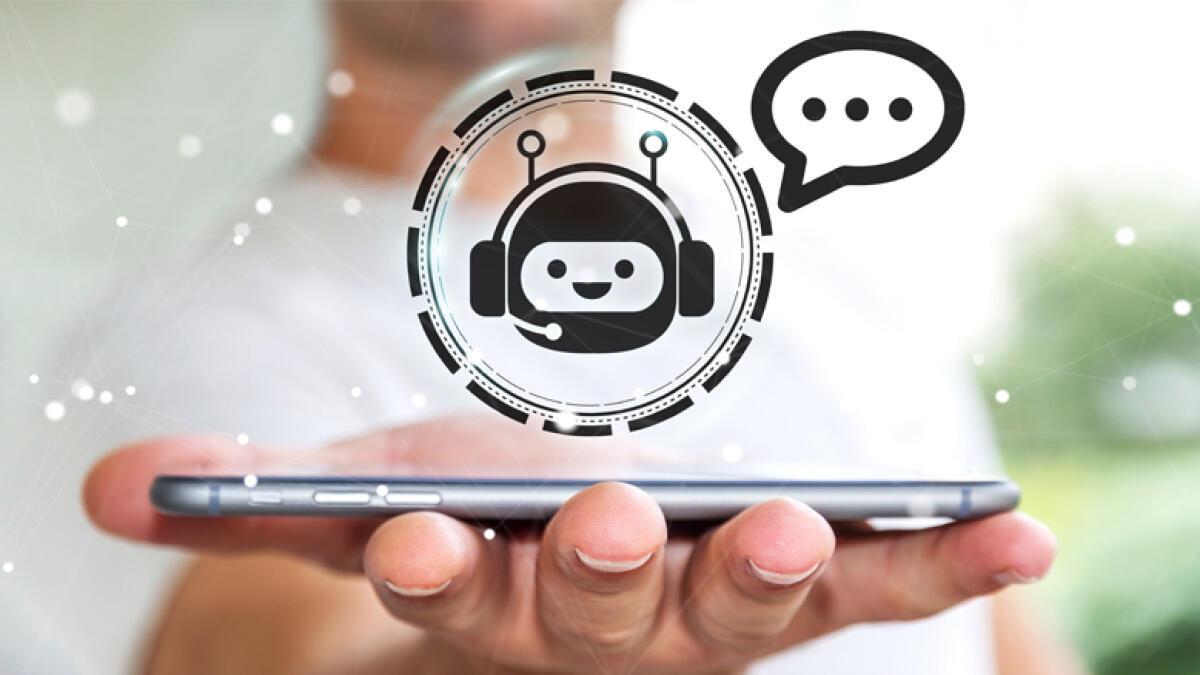Artificial intelligence (AI) is revolutionizing therapy and mental healthcare, as a recent study revealed that even professional therapists struggle to distinguish between AI-driven therapy and therapy conducted by a real person. The study, published in the International Journal of Human-Computer Interaction, focused on early-stage therapy transcripts where active listening is crucial. Surprisingly, therapists were only accurate about 53.9 percent of the time in determining whether the conversation was human-to-human or human-AI, often rating AI chatbot conversations as higher quality. This suggests that AI chatbots may be more effective than previously believed.
Collaborating on the project was Dr. Justin Thomas, a psychologist at the King Abdulaziz Center for World Culture, Ithra, who emphasized that AI should not be viewed as a replacement for human therapists but as a means to enhance access to mental health services. In regions where cultural sensitivity is paramount in mental health care, the distinction between AI and human therapists becomes even more critical. Dr. Mohammad Amin Kuhail highlighted the importance of providing culturally sensitive care, especially in the UAE, where therapists are expected to understand local customs and values.
Recognizing the need for culturally tailored mental healthcare, Dr. Nawal Yousaf created Fitra Health, a faith-based mental healthcare app that incorporates AI in providing personalized recommendations and support. The app, developed in collaboration with Islamic experts, integrates Islamic teachings and principles with cognitive behavioral therapy (CBT) and behavioral activation therapy (BAT) to promote mental well-being among users. Fitra Health received positive feedback at the 4th Abu Dhabi Integrated Mental Health Conference, with users rating it better than in-person counseling in cases where culturally sensitive care is lacking.
One user, Amal Baraka, shared her experience of using Fitra Health to address depressive symptoms during her time as a medical student. Seeking guidance that aligned with her religious beliefs, she found the app’s holistic approach appealing, combining medical symptoms with spiritual and religious insights. Through stories of Prophet Muhammad (PBUH) and CBT tools, Baraka was able to shift her perspective on mental health struggles, leading to improved well-being and spiritual growth. Dr. Thomas emphasized the importance of understanding AI chatbots as tools rather than compassionate beings, highlighting the need for AI literacy and ethical considerations in mental healthcare.
While AI chatbots may never fully replace human therapists, they play a crucial role in providing accessible and culturally sensitive mental health care, especially in regions where human therapists are scarce or unaffordable. AI technology serves as a digital coach, offering support and alternative perspectives to users in need. Dr. Thomas noted that while AI chatbots may be seen as a second-best option, they can still bridge the gap in mental healthcare services and provide valuable support to those in need. Ultimately, AI’s role in mental healthcare is to enhance access and quality of care, ensuring that individuals receive the support they need to thrive mentally and emotionally.











